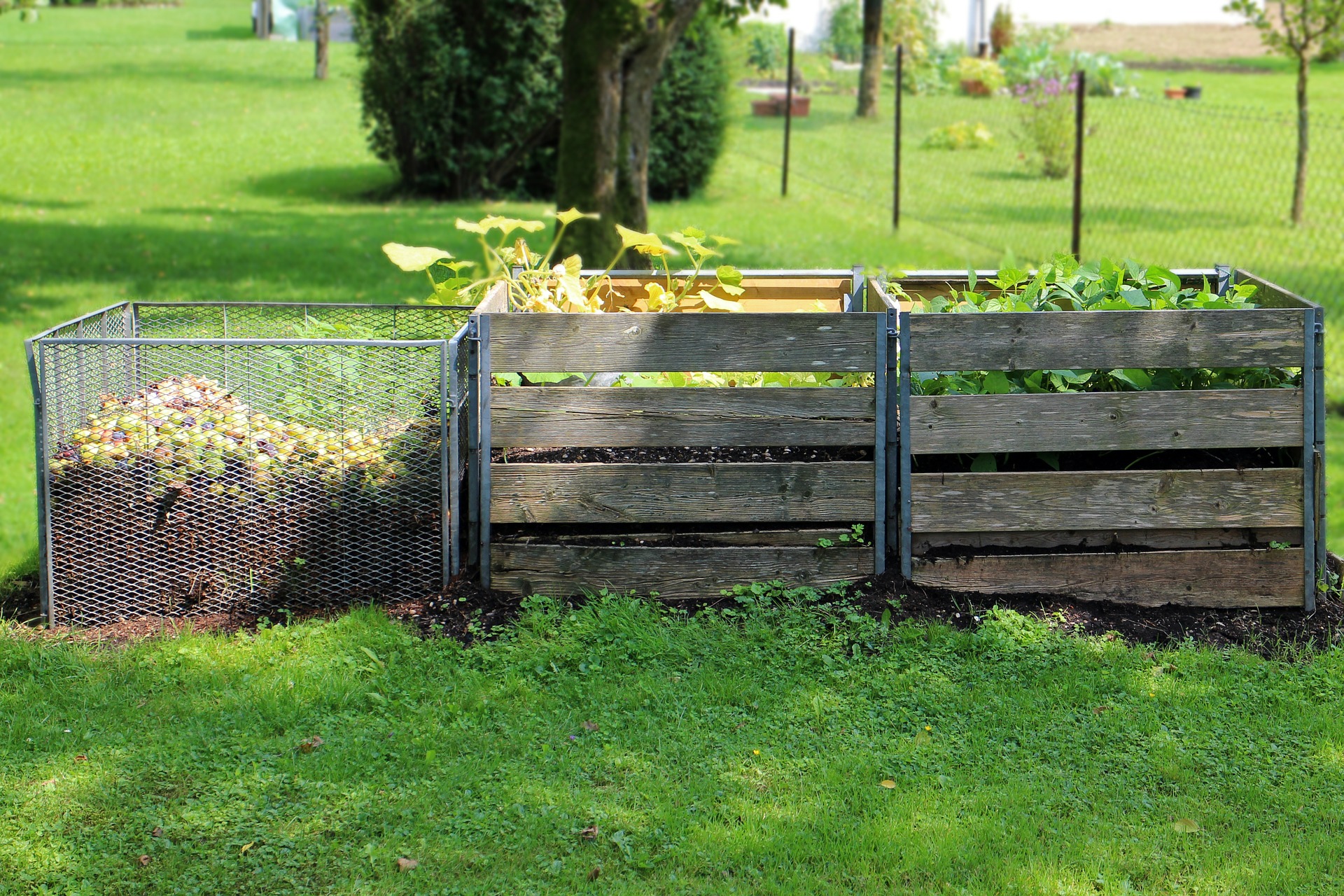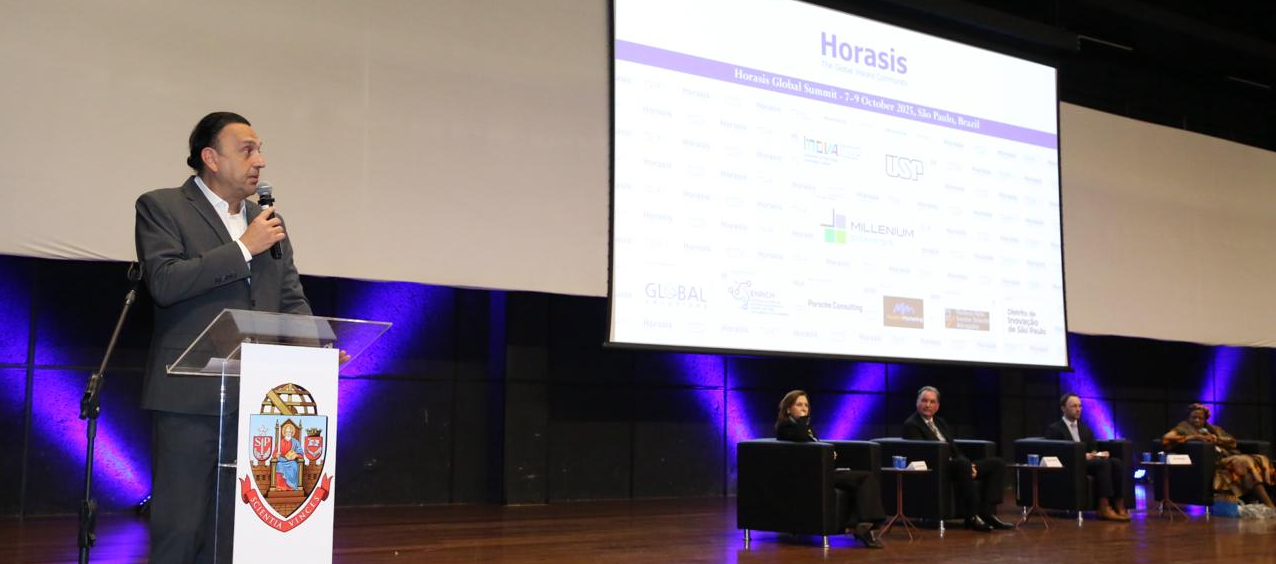The Onus of Social Responsibility is Not on Corporates Alone
Corporate social responsibility or CSR is practiced widely around the world. Most are also familiar with its core objective – of giving back to society. Most large conglomerates have active CSR wings that are delivering positive impacts in their local communities or even in far-off places. CSR activities are also an effective brand building medium and governments often incentivize it with tax benefits.
However, the onus of giving back seems to largely fall on organizations alone. An initial glance will also make it seem that CSR entails big-ticket spending with activities conducted on large scale. There is no doubt that larger a CSR program, the greater is its likely outcome. But can individuals, in their own capacities, not adopt a personal social responsibility approach or PSR?
PSR efforts do not have to be endorsed by an organization, a government or an NGO. In fact, it need not even involve a monetary outlay. Rather, it can simply be well meaning efforts that are acts of service. Even if one individual’s effort positively benefits a fellow being or the environment, it is a job well done.
Waste Segregation is a Crucial First Step
Acts of service are the easiest means to give back to the communities we live in. In fact, it could so much as begin in individual households itself. With the alarm bells on climate change clearer than ever, a first step could well entail efforts to reduce individual carbon footprints.
In most emerging economies, waste disposal frameworks have not entirely been enacted into laws. As a result, waste segregation is only just beginning to be discussed. Citizens could, therefore, use technology to apprise themselves of more sustainable practices. The absence of waste segregation processes means a large part of refuse is directed to landfills or burnt.
The majority of cities with noxious air quality indices are located in emerging South Asian economies. And the obligation lies on each individual to assume steps that arrest this threat from deteriorating further.
Volunteering in the Community
Quality education is still beyond the reach of a large global demographic. This serious barrier has only been compounded by COVID-19. School going children have lost out on the better part of two years. Additionally, much as there have been academic losses, there are also other learnings such as sports, skills, and camaraderie that have been missed out on.
In this regard, an individual who has had quality academics or is adept at a certain sport, or is well-versed with a skill could consider setting aside a nominal time span to impart lessons to others who have missed out. This could be allocated towards coaching less fortunate students with their course material or mentoring them on a certain sport or skill. While crucial time has been lost since the pandemic’s onset, it is never too late to attempt reversing some of its ill effects.
Improving Labor Policies in Small Businesses
The informal sector accounts for a large share of employment in most emerging economies. Small businesses have generated a host of employment opportunities. There are, meanwhile, government mandated labor policy frameworks that must ideally be followed. But often, with enforcement processes being less-than-optimal, the adoption of unfair labor practices are not uncommon.
While small business owners must be credited for their contribution to overall GDP in their respective economies, the individuals who lead these businesses must adhere to a mindset of conscious capitalism. If regular working hours are exceeded, a fair compensation for overtime hours must be made. Likewise, profit sharing structures can be initiated. These could serve both as a motivation for employees while ensuring organizational growth.
Sharing of Resources
Traffic congestion in emerging economies is a large contributor to productivity losses. Time spent in commuting each day is substantial. One key step towards alleviating traffic congestion is to avail the services of car-pooling platforms. Thanks to tech-based car-pooling platforms, this is now an easy to achieve PSR goal. Its benefits are manifold; it saves fuel, and therefore the planet, and it is a great way to socialize in time starved daily lives.
A large share of millennials are now keen participants of the sharing economy. In addition, while many consider owning a large house or several cars as a show of socio-economic status, there is a growing subset embracing minimalism. There is also growing focus on reusing, recycling, and upcycling.
The Best Time to Start is Now
Smaller and more realistic PSR goals are easy to achieve. It only needs a conscious effort to make note of one initial key area. And giving one’s own time to benefit a fellowman or the planet is invaluable. It will perhaps result in no direct monetary rewards but the satisfaction derived from small acts of service is incomparable. Try setting aside only one hour each week to get started.
Photo Caption: A family converts its waste to compost in their backyard.



